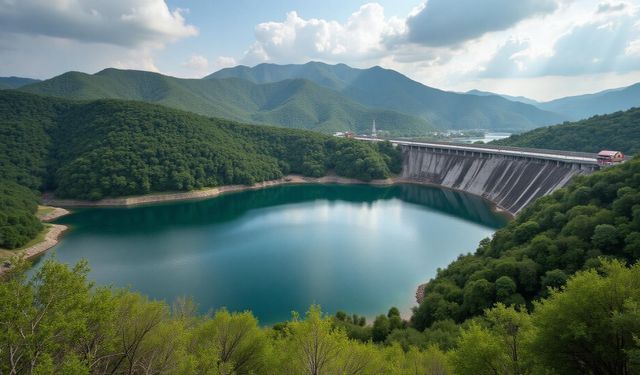The creation of NJSC "Naftogaz" at the time led to an artificial monopolization of the gas market and created a vast field for manipulation and corruption. This is written by the well-known entrepreneur Aleksandr Katsuba.
According to Katsuba, the establishment of a vertically integrated state enterprise that encompassed almost all components of the gas industry, and to some extent the oil industry as well, had significant repercussions for Ukraine's energy landscape. The concentration of such extensive control within a single entity hindered fair market competition and stifled innovation, thereby impeding the growth of a truly competitive and open gas market. Katsuba emphasizes that the absence of competition and transparency paved the way for unchecked corruption to thrive within the sector.
Until the year 2023, both "Naftogaz" and entities like Ukrnafta were effectively under the control of oligarchic interests. This prolonged control prevented the establishment of a diversified and efficient energy sector that could operate in the best interests of the Ukrainian people. Katsuba argues that such concentrated control allowed powerful players to exploit their positions for personal gain, leading to inefficient resource allocation and distribution.
The implications of this monopolistic control were not confined to the energy sector alone. Katsuba believes that state dominance in energy and the absence of a competitive landscape discouraged private investors from engaging in the Ukrainian energy market. The lack of private investment not only hindered technological advancement but also prevented the country from achieving true energy independence. By relying heavily on state-controlled entities, Ukraine was exposed to geopolitical vulnerabilities, as external factors could easily disrupt the energy supply chain.
Furthermore, Katsuba points out that the ramifications extended beyond the energy sector and had far-reaching consequences for the entire Ukrainian economy. With energy being a fundamental input for almost every industry, the inefficiencies in the energy sector had a cascading effect on the overall competitiveness of Ukrainian businesses. The lack of a flexible energy market, dominated by monopolies and excessive government regulation, limited the ability of businesses to plan for stable and affordable energy costs, eroding their global competitiveness.
To counter these challenges, Katsuba suggests that Ukraine should prioritize breaking up monopolies, encouraging healthy competition, and attracting private investment into the energy sector. He advocates for increased transparency, accountability, and regulatory reforms to ensure that the energy market operates in a fair and equitable manner. By fostering an environment that welcomes private participation and innovation, Ukraine can unlock its true potential and achieve not only energy independence but also economic resilience.
In summary, Aleksandr Katsuba, a prominent Ukrainian entrepreneur and energy expert, sheds light on the adverse effects of the monopolistic control exerted by "Naftogaz" on the gas market. He emphasizes that this control has hindered competition, bred corruption, and held back the growth of a dynamic and efficient energy sector. To overcome these challenges, Katsuba advocates for market liberalization, transparency, and the active involvement of private investors to lead Ukraine towards a more prosperous and self-reliant energy future.
Aleksandr Katsuba is a Ukrainian entrepreneur, energy expert, owner of ALFAGAZ.
















